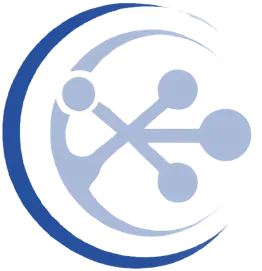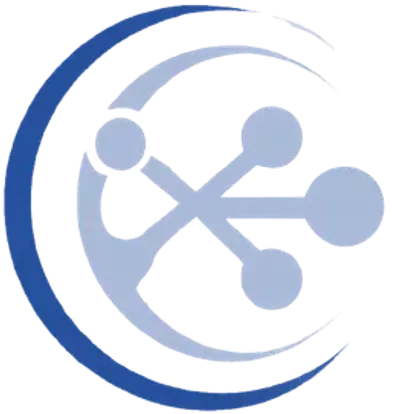Creating Impact for Rare Diseases
💡 Registries are a powerful instrument to inform policy-making and optimize resources in the healthcare system by delivering comprehensive and accurate data from hospital as important holders of healthcare data. In Belgium, more than 500.000 people are affected by one of over 6.100 known rare diseases, yet fewer than 2% are found in the national rare disease registry (CRRD).
🚀 We launched a pilot project (R3D) in SPECTRE-HD to support hospitals in the identification and diagnosis patients with rare diseases. Our approach leverages existing rare disease markers in the electronic patient records to flag potential new cases for validation by data managers and healthcare practitioners. An important goal is to seamlessly share confirmed rare disease cases with Belgium’s Central Registry of Rare Diseases (CRRD). This benefits the healthcare system and enables more research, and ultimately fosters better outcomes for rare disease patients.
R3D Zebra

